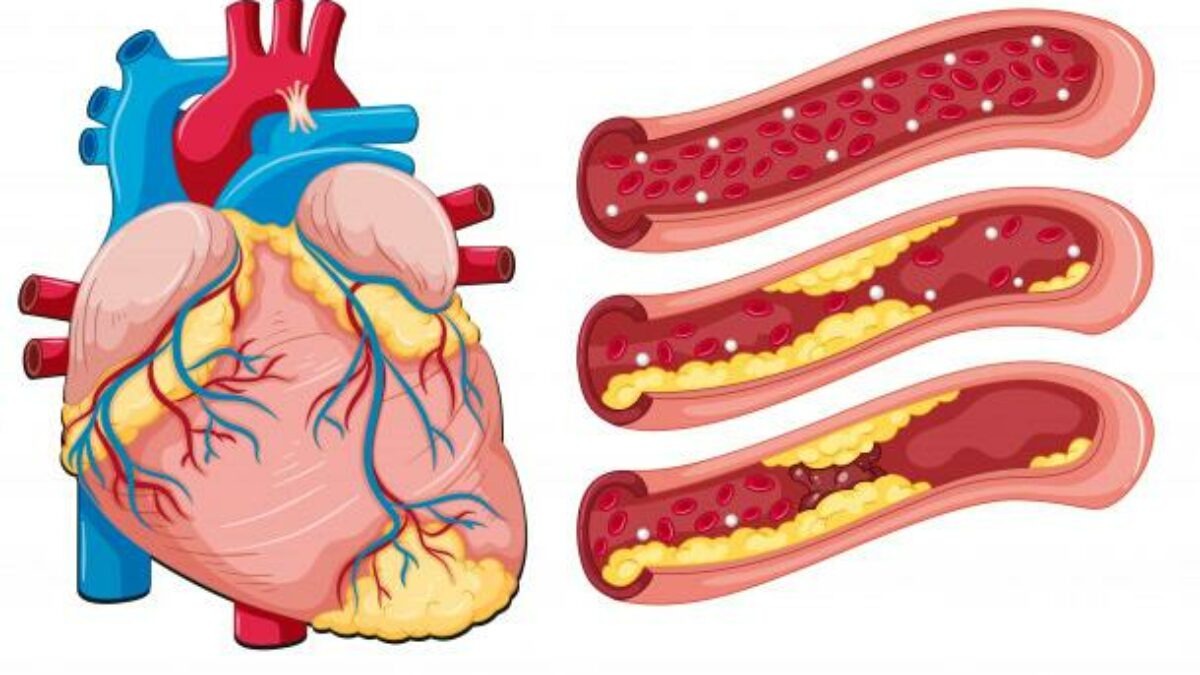Blocked arteries, often referred to as atherosclerosis, can restrict blood flow to vital organs and may lead to serious health problems, including heart disease and stroke. Recognizing warning signs of blocked arteries is essential for early detection and intervention.
Some common warning signs include:
1. Chest pain or discomfort:
This may present as angina, characterized by a feeling of pressure, squeezing, fullness, or pain in the chest. It can also radiate to the arms, neck, jaw, shoulder, or back.
2. Shortness of breath:
Difficulty breathing, especially during physical activity or at rest, can be a sign of blocked arteries affecting blood flow to the heart.
3. Fatigue:
Persistent and unexplained fatigue or weakness may be due to reduced blood flow to the muscles and organs.
4. Nausea and indigestion:
Nausea, stomach pain, or indigestion that occurs during or after physical activity or meals can be related to artery blockages.
5. Dizziness or lightheadedness:
Reduced blood flow to the brain can cause dizziness, lightheadedness, or fainting.
6. Irregular heartbeat:
Arrhythmias, such as atrial fibrillation, may develop as a result of blocked arteries.
7. Cold hands and feet:
Reduced circulation can lead to extremities feeling cold, numb, or tingly.
8. Erectile dysfunction:
Difficulty achieving or maintaining an erection can be a sign of blood flow problems, often associated with blocked arteries.
9. High blood pressure:
Hypertension is a risk factor for atherosclerosis and may indicate underlying artery blockages.
10. Stroke symptoms:
Sudden numbness or weakness in the face, arm, or leg, particularly on one side of the body, along with confusion, trouble speaking, vision problems, and severe headache, may signal a blockage in the arteries supplying the brain.
It’s crucial to note that these symptoms can vary among individuals and may not be present in every case of blocked arteries. Some people with atherosclerosis may experience no symptoms until a severe event, such as a heart attack or stroke, occurs.
If you suspect or have risk factors for blocked arteries, such as high cholesterol, high blood pressure, smoking, diabetes, or a family history of heart disease, it’s essential to consult a healthcare professional for appropriate testing and guidance on heart health and preventive measures. Early detection and management are key to reducing the risks associated with blocked arteries.
